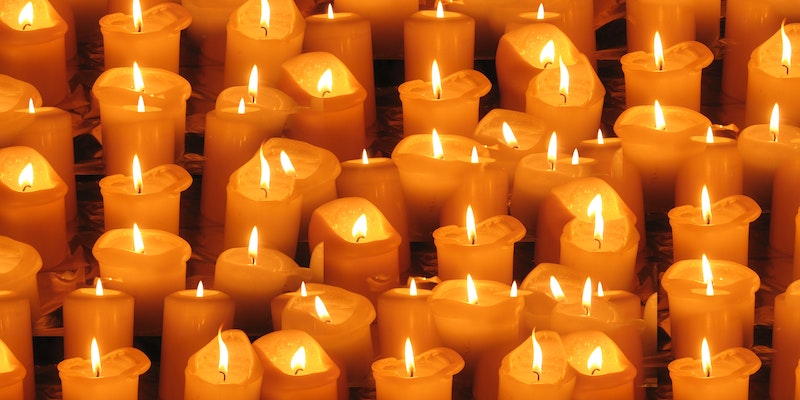- Contact Us Today
- (937) 278-4287
- lgfuneralhome@gmail.com
Basics of Charitable Bequests

Giving Memorial Donations
October 14, 2019
Understanding Inheritance Taxes
October 28, 2019After funerals at funeral homes in Dayton, OH, your will’s executor will distribute your estate as you have stated that you wish it to be distributed. One of these distributions may be a charitable bequest.
A charitable bequest is a line item in your will that designates a portion of your estate – this can be property or money – to a charity or nonprofit organization after you do. This gives you a way to provide continuing support for a cause or organization that you are passionate about. Charitable bequests also leave, as well as create, a legacy of philanthropy.
Read also: Bereavement in Babies and Preschool Children
When most people think of philanthropy, they think of people with large estates and lots of money. However, many people with modest estates make charitable bequests. Let’s understand how to make a charitable bequest and why everyone should think about doing so.
The first step in making a charitable bequest is to choose an organization that you want to support. Lots of organizations, both charitable and nonprofit, can benefit from a charitable bequest, no matter how large or small it is.
Traditionally, charitable bequests are made to organizations that support and protect children (like orphanages or children’s rights non-profit groups) and pets (no-kill shelters and local humane societies). Charitable bequests are also given to organizations to fund research into diseases like heart disease, lung disease, different types of dementia, and cystic fibrosis.
However, there are many organizations other than these that can benefit from a charitable bequest. Colleges and universities can fund special activities and create educational opportunities with charitable bequests. You can designate your charitable bequest to create a scholarship fund that is made available to prospective students who meet certain criteria.
Elementary schools, junior high schools, and high schools can also benefit from charitable bequests. These bequests can be used to support extracurricular activities like band, journalism (school blog and yearbook), and athletics. You can designate how you would like the school you choose to use your charitable bequest.
Places of worship can also benefit from charitable bequests. Buildings need to be maintained, as well as the grounds around the place of worship and you can designate that your bequest be used for this purpose. Charitable bequests can also be used to sponsor missionary programs, camp programs, and outreach programs. All you need to do is specify where you want your charitable bequest to be used.
Read also: Are Roadside Memorials Legal?
Cemeteries can always use charitable bequests. This is especially true for family cemeteries in church cemeteries, where members of the family or members of the church volunteer to maintain the grounds and the graves. Your charitable bequest can pay for mowing equipment and upkeep, soil enrichment and maintenance, and grave adornments on special days (small American flags on Memorial Day and Veterans Day and flowers on Mother’s Day and Father’s Day).
Another couple of places that can always use charitable bequests are museums and historical societies. Museums need to keep their exhibits fresh, which means they rotate exhibits in and out of the museum on a regular basis. Your charitable bequest could help them fund these rotations. Historical societies keep the history of the local area alive. They often have events where authentic history is demonstrated actual craftsmanship or through artistic representations, which require money.
The best way to designate a charitable bequest in your will is to make it a percentage of your estate, instead of designating a dollar amount. This way, if your estate smaller than you anticipated at your death, other beneficiaries won’t lose their bequests because the bulk of your estate goes to a charity.
If you’d like guidance about charitable bequests at funeral homes in Dayton, OH, our compassionate and experienced staff at Glickler Funeral Home & Cremation Service can help. You can come by our funeral home at 1849 Salem Ave., Dayton, OH 45406, or you can contact us today at (937) 278-4287.




